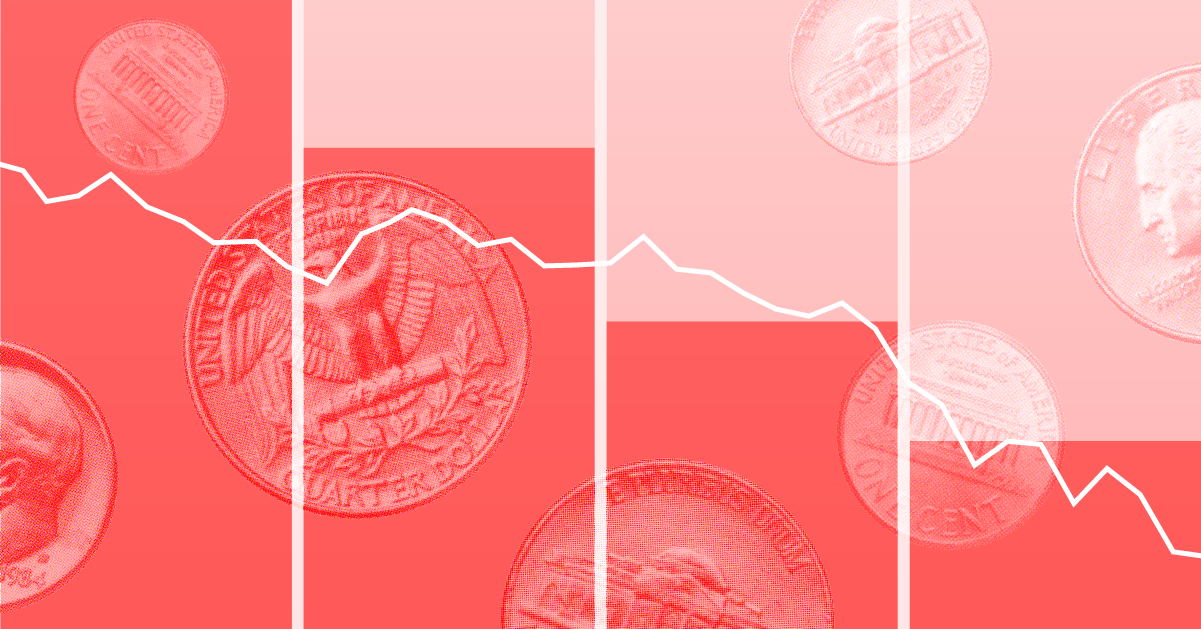
Religious faith is a very personal but is shared by billions across the world in various forms. What we don’t usually associate with faith is investing. But in a new report from Morningstar, we look in depth at the growing trend for faith-based investing, specifically for Christians and Muslims.
As the report shows, investing by religious principles is a form of socially responsible investing – so could be classified under the wider ESG umbrella. But is a theme in its own right, with particular risks, sector and geographical biases, as well as exclusions. We look at what these funds invest in, where they invest, performance, product launches and fund flows.
“Faith-based investing, a distinctive approach that integrates financial goals with religious and ethical principles, has emerged as a noteworthy avenue for investors seeking to align their portfolios with their deeply held convictions,” says the report’s authors Manan Agarwal and Sabeeh Ashhar in Faith-Based Investing: Beyond Profits: A Path to Ethical Wealth.
Like other types of environmental, social and governance funds, these evaluate potential investments against specific criteria that align with the principles of the faith. This involves sector-based exlusions initially, then moving on to value-based and qualitative screens. This could involve looking at corporate values, labour rights, environmental policies etc.
Exclusions, Ethics
According to the report, Christian and Shariah-based funds dominate the investment space dedicated to faith-based investing, with assets of around $100 billion and 850 funds. Within this cohort, under 85% of funds have a Shariah remit, which align with the rules of Islam. So alcohol, drugs, pork products, gambling, weapons, and other such products, are excluded. A good explanation of Shariah-compliant investing can be found here, which explains the rules pertaining to interest income.
There are crossovers with Christian-focused funds, which exclude investments in adult entertainment, firearms, abortion and contraceptives, stem cell research, and military weapons. While there are some similarities in terms of the ethical criteria used to select companies to invest in, there are differences between Christian and Shariah-based investing.
The first obvious one is geographical: nearly 95% of Christian funds are domiciled in the United States, while Malaysia, Indonesia and Saudi Arabia – three of the most populous Islamic countries – make up the lion’s share of Shariah funds by domicile.
Morningstar research shows that Shariah-values funds have seen more product launches than their Christian counterparts. “The proliferation can be attributed to a combination of factors, including the rising demand for ethical and ESG investments, increased cultural and social awareness, and a growing desire to align investments with religious or values-based beliefs,” the report says.
What Do They Invest In?
Still, Christian funds have more assets under management, overtaking Shariah funds in late 2021.
“Since 2022, these funds have consistently attracted more capital than Shariah-values funds, with the gap widening even further in recent months” As the report notes, this US domicile has helped attract further capital. This is particularly evident if you look at the highly liquid stocks that dominate Christian funds, including Alphabet, Nvidia, Apple and Microsoft. In contrast, the top three holdings in Shariah funds are less well known to Western investors: Press Metal Aluminium, Telekom Malaysia, Petronas Chemicals.
Logically, technology has the biggest sector weight for Christian funds, followed by healthcare and financial services. Shariah funds weight most to basic materials, technology and consumer defensive.
Despite the commonality of tech, “there appears to be a clear demarcation in investment philosophies. Some of the top sectors for stocks in Shariah-values funds (like basic materials and consumer defensive) are low on the list for Christian-values funds. The opposite is also true with sectors like healthcare and financial Services on the top for Christian-values funds but much lower down for Shariah-values funds.”
In terms of size bias, these funds have more exposure to smaller cap companies than standard investment funds.
Spiritual Stewardship
Principles are important for faith-based investing, but so are risk and return. The return on equity and price/earnings ratio are almost the same for both the universes, but Christian funds appear to have a higher return on invested capital. But a typical Shariah fund has a lower debt/capital ratio, in accordance with Islamic principles.
What about risk? “Shariah funds fit better into portfolios of risk-averse investors compared with Christian funds. It is important for investors to identify where these fit into their overall investment portfolio,” Agarwal and Ashhar say in the report.
In summary, “faith-based investing represents a powerful fusion of financial stewardship and deeply held spiritual belief”, they say.
“Faith-based investing is not merely about exclusion but also about active engagement with companies that prioritize sustainability, social responsibility, and ethical practices. It's about using the power of capital to influence positive change and encourage businesses to operate in ways that benefit society. In this rapidly evolving landscape, faith-based investors are finding innovative ways to navigate the complexities of modern markets while staying true to their beliefs.”
Methodology
The report is focus on Christian and Islamic investing funds but is mindful there are other religious approaches to investing. Data is more readily available on Christian/Islamic funds, however.
The report’s authours applied a name-based search on the entire universe of open-ended funds and exchange-traded funds using popular keywords related to the popular beliefs and values of the faiths under consideration.
Only 40% of these Shariah funds have a Morningstar rating, but 70% of Christian funds do.










:quality(80)/cloudfront-us-east-1.images.arcpublishing.com/morningstar/6BCTH5O2DVGYHBA4UDPCFNXA7M.png)


















